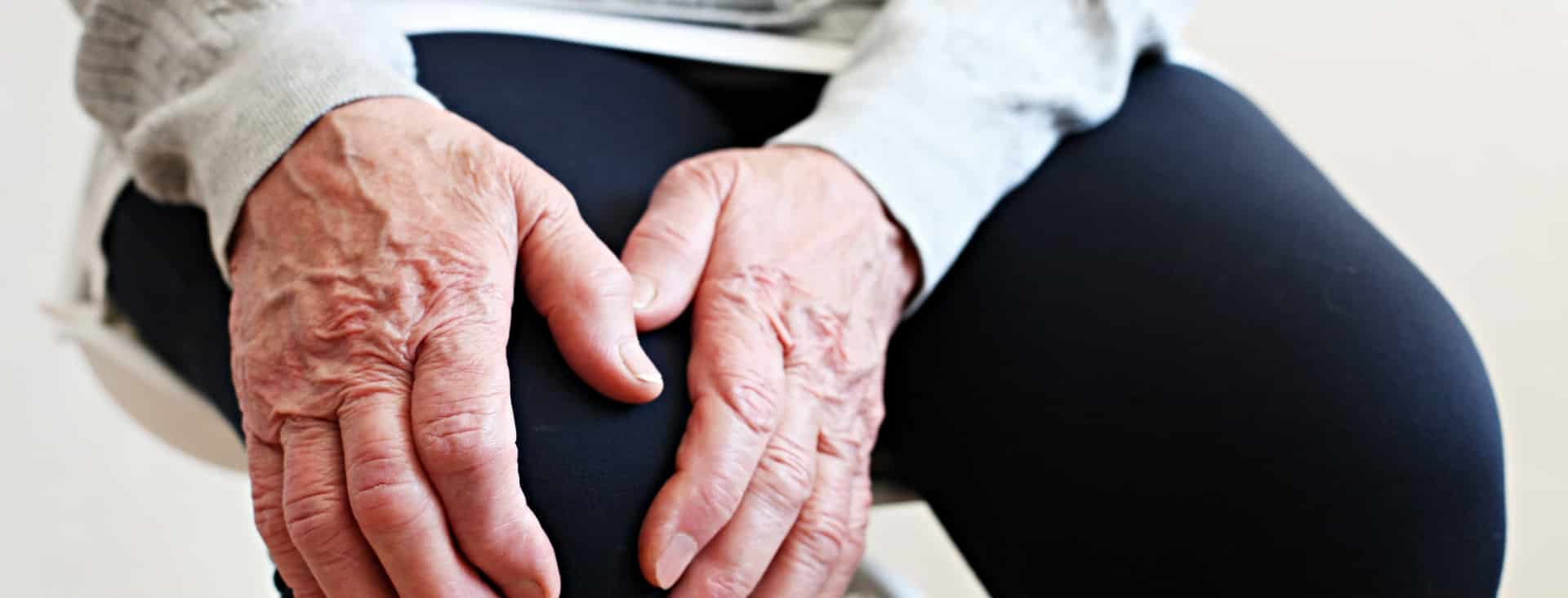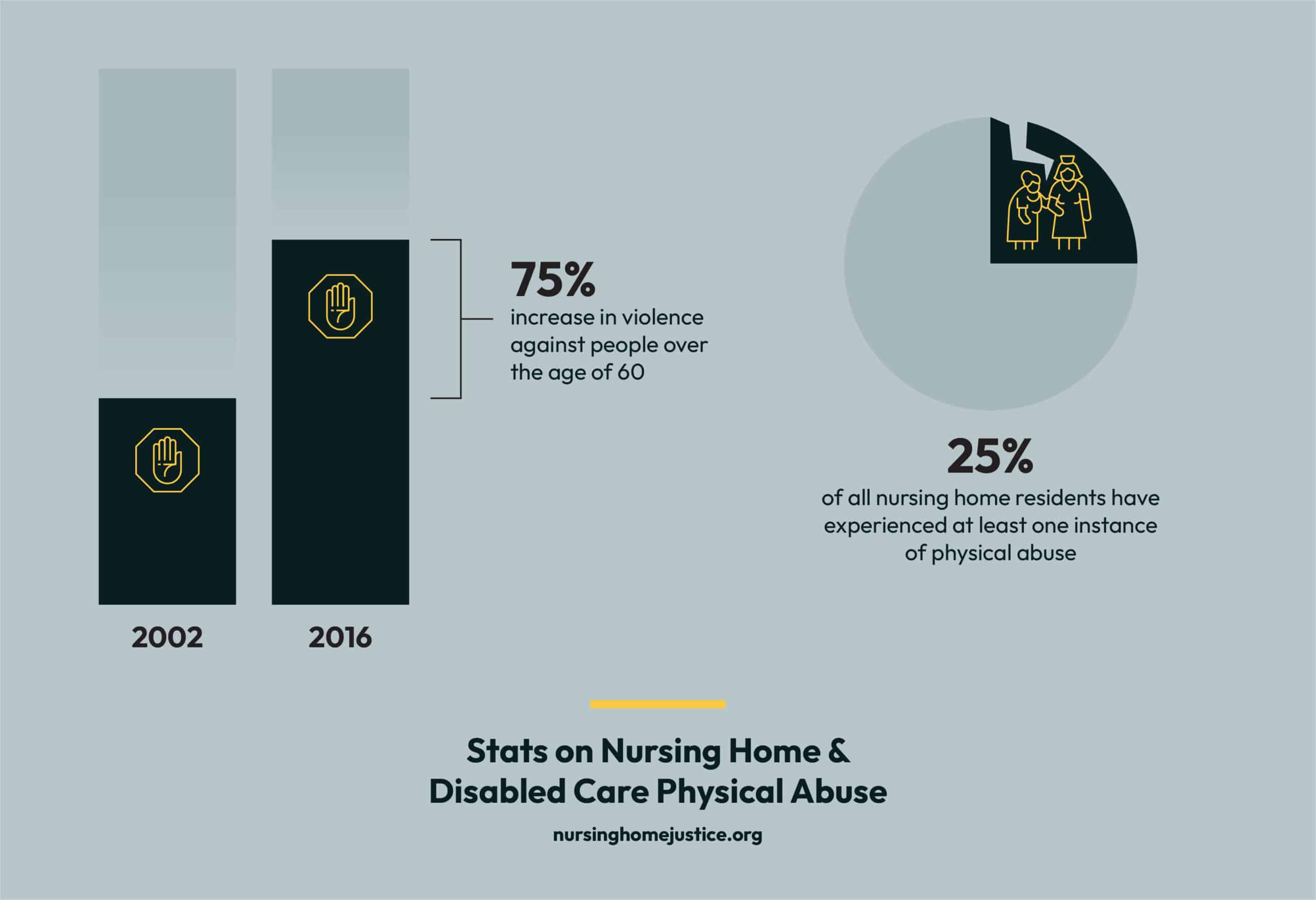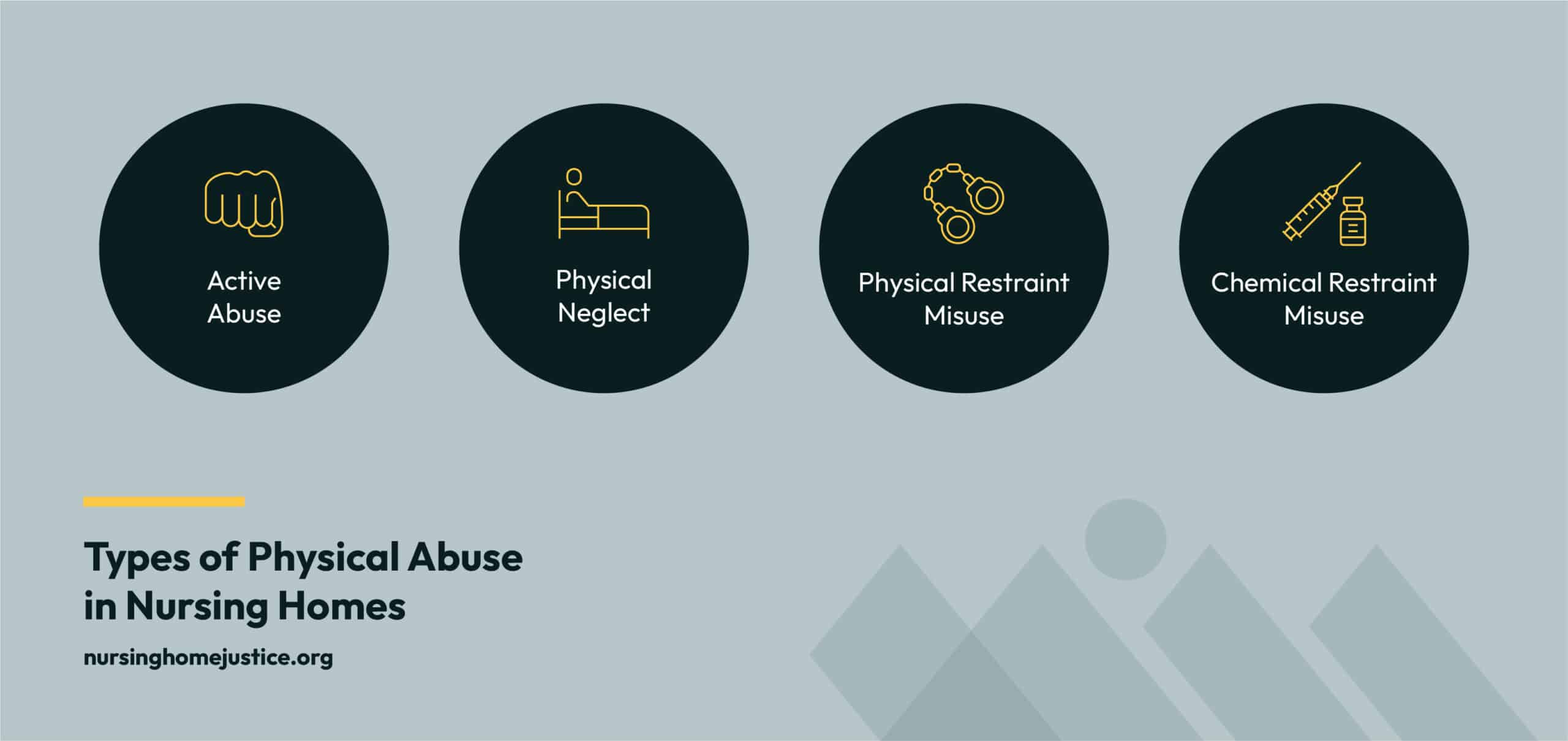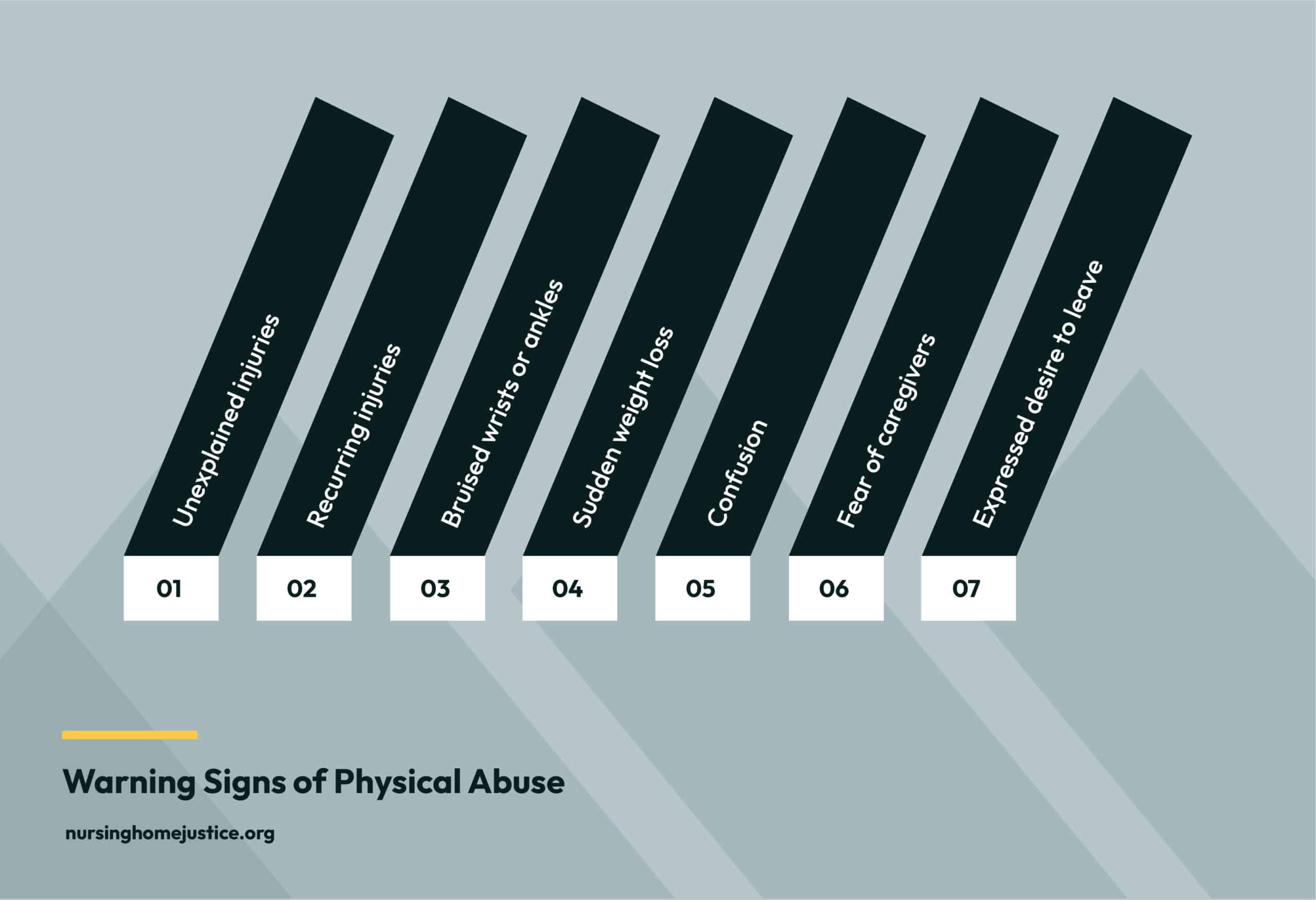
Residents in nursing homes should be treated with dignity, care and respect in facilities. When staff physically abuse patients, they should face the consequences.
That may include criminal charges for violence against others and civil repercussions to pay compensation to those they injured. Victims of physical abuse in nursing homes should contact an attorney right away.
Contact Nursing Home Justice Today
Nursing home abuse lawsuits in Colorado are complicated. You should work with an experienced lawyer who has in-depth knowledge of Colorado law and knows how to help elder physical abuse victims recover medically and financially. Nursing Home Justice has a proven record of standing up for the rights of injured victims.
Attorney Mac Hester is a founding member of Nursing Home Justice. He has over 35 years of experience fighting against large nursing homes and their insurance companies. He will compassionately guide you to a path of recovery.
Contact attorney Mac Hester with Nursing Home Justice Today – (303) 775-8128
Patient abuse in a nursing home or disabled care situation may include physical harm, injury, or impairment due to mistreatment or neglect. Causing a patient unnecessary pain or exposing them to unnecessary side effects of treatment may also be considered physical abuse.
Physical abuse is one of the most common types of mistreatment in nursing homes and other care facilities. According to the U.S. Centers for Disease Control and Prevention (CDC), violence against elders is rising.

Between 2002 and 2016, nonfatal assaults against people over the age of 60 increased by more than 75%. Nearly 25% of all nursing home residents have experienced at least one instance of physical abuse.
We're here and ready to listen. Fill out our secure contact form today so we can get started on your case.
Contact Nursing Home Justice Today
"*" indicates required fields
There are multiple forms of physical abuse that you should be aware of in the nursing home environment. Typical forms of physical abuse include:

Active abuse is the easiest form of physical harm to identify. It includes intentional actions by an individual to harm a resident. The act of abuse is made with the intent to cause pain or injury. Some examples include hitting, kicking, and pinching.
Physical neglect is typically not intentional, although it can be done knowingly. Neglect may result from understaffing or a lack of resources at a nursing facility.
Physical neglect involves failing to provide residents with the things they need to survive and maintain their dignity. This might include failing to give a resident enough water, food, or clean clothing.
Restraints should be used sparingly and according to federal regulations. They should not be used for discipline or convenience. They can be dangerous, especially when a patient attempts to get out of them or is restrained for long periods of time.
When nurses and CNAs are overworked because of nursing home understaffing, they sometimes over-sedate patients to keep them quiet and in bed, thereby restraining them. This use of “chemical restraints” is not only abusive and illegal, but extremely dangerous.
Physical abuse in nursing homes can cause significant injuries to the residents. Some injuries that are commonly the result of physical abuse include but are not limited to:
Caregivers who harm people who are elderly or disabled are ultimately responsible for the physical abuse they cause. However, there are other parties who may also be financially liable, especially if the victim was in a nursing home, long-term care facility, or disabled care institution.
Some parties who may be responsible for elder abuse include:
"Positive: Professionalism, Responsiveness"
Read Our TestimonialThere are some telltale signs in cases of physical abuse that should be reported to nursing home management and the authorities immediately. Those include:

Additionally, if nursing staff refuses to leave the resident alone with family, they may be concerned that the patient will reveal the physical abuse. If relatives are not given private time with a resident, they should question the situation.
Nursing home residents and their families have a right to recover compensation for physical abuse damages.
Nursing homes that allow physical abuse to occur while a resident is within their care can be held liable for damages. Other parties may also be held responsible. Nursing Home Justice will uncover all potentially liable parties and hold them accountable for the following damages:
If nursing abuse or battery leads to the wrongful death of your loved one, you can file a lawsuit to recover the following:
You should discuss exactly what you can recover with your nursing home physical abuse lawyer.
In some physical abuse cases, punitive damages may be available. Punitive damages do not cover losses but instead punish the wrongdoer for intentional actions that harm another. Since physical abuse is often purposeful, punitive damages are more likely in these cases than in some typical negligence cases.
In cases of physical abuse in a nursing home, your attorney must obtain as much evidence as possible to support your case. Some of that information may include:
If you or a loved one has experienced physical abuse in a nursing home, you should take several steps as soon as possible. You should file a complaint with the Colorado Department of Public Health & Environment, contact the local Ombudsman, and retain an experienced nursing home abuse attorney.
Attorney Mac Hester respects the dignity of every victim of nursing home abuse. He works hard to protect them and their families. Nursing Home Justice can help you recover in the following ways: